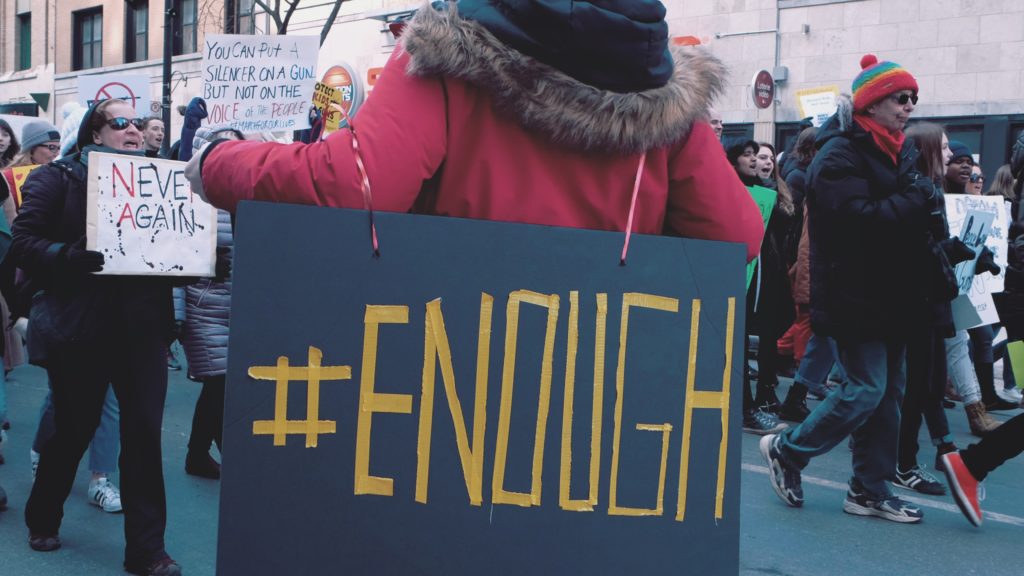Last week, I asked, “Does God care about social justice?”
The Prophet Isaiah answers with a thunderous Yes. God not only cares about social justice. God cares about it infinitely more than our traditional religious practices like celebrating holidays, going to church, giving offerings, praying, and fasting (Isaiah 1:12-17; 58:1-12). In fact, when our faith is disconnected from justice for outsiders and the oppressed, God says, “I hate [it] with all my being” (Isaiah 1:14).
But perhaps Isaiah’s passion for social justice was a bit “extreme.” How does his teaching compare with what God says through the other prophets?
This week, I want to show you three more examples of God’s passion for social justice in the Bible.
In the Prophet Hosea, God promises to “stop all of [Israel’s] celebrations” and “holidays” (2:11). He declares, “I also reject you as my priests” (4:6). Why such harsh judgment?
“For I desire mercy, not sacrifice.” Hosea 6:6
What God really wants is compassionate care for others, especially the unwelcome and unworthy. This is more important to God than any religious “sacrifice.”
Jesus quoted this verse when he was attacked by religious leaders for liberally including outsiders and ignoring traditional religious devotion (Matthew 9:13; 12:7). It appears that Hosea 6:6 was one of Jesus’s favorite verses in the Bible.
But Hosea is fairly tame compared to the Prophet Amos. Amos furiously declares God’s condemnation on Israel’s callous injustice:
“You sell the innocent for silver and the needy for a pair of sandals. You trample on the heads of the poor as on the dust of the ground and deny justice to the oppressed… You levy a straw tax on the poor and impose a tax on their grain. Therefore, though you have built stone mansions, you will not live in them; though you have planted lush gardens, you will not drink their wine.” Amos 2:6-7; 5:11
Even so, Israel continued to tell herself, “God is with us” (5:15). So Amos attacks her orthodox spirituality even more fiercely than Isaiah. He speaks for God:
“I hate, I despise your religious holidays. Your assemblies are a stench to me! Even though you bring me burnt offerings and grain offerings, I will not accept them… Away with the noise of your songs! I will not listen to the music of your harps.” Amos 5:21-23
Once again, God declares his hatred for the traditional pillars of our devotion: holidays, church gatherings, offerings, singing and worship. God also declares his “abhorrence” for Israel’s national “pride” and her “fortresses” (6:8).
So what does God really want?
“But let justice roll on like a river, righteousness like a never-failing stream!” Amos 5:24
Amos’s message is the same as Isaiah’s: spiritual devotion without social justice is dangerous self-deception. Unless we abandon our mansions and open our fortresses to administer justice for the poor and oppressed, God despises our religion and abhors our national pride.
The Prophet Micah is our third witness. Micah attacks Israel’s “leaders,” “priests,” and “prophets” for their injustice and indifference to others’ suffering (3:11). He insists, “Your rich people are violent; your inhabitants are liars” (6:12). And yet they insist, “Is not the Lord among us? No disaster will come upon us” (3:11).
But God is not impressed by the wealthy and powerful and their self-assured religion. God’s eyes are on “the lame,” “the exiles,” the “grieving” and “those driven away” (Micah 4:6-7). And thus the prophet interrogates himself and his religion:
“With what shall I come before the Lord and bow down before the exalted God? Shall I come before him with burnt offerings? … Shall I offer my firstborn for my transgression, the fruit of my body for the sin of my soul? He has shown you, O human, what is good. And what does the Lord require of you? To act justly and to love mercy and to walk humbly with your God.” Micah 6:6-8
In the face of injustice, religion is useless. Even the most extreme sacrifices are meaningless to God. God is only pleased with justice, mercy, and humility. Jesus probably had this verse in mind when he attacked his day’s religious leaders for following their spiritual tradition but “neglecting the more important matters of the law – justice, mercy, and faithfulness” (Matthew 23:23).
To sum up, the prophets repeatedly follow Isaiah’s message. God passionately cares about social justice. Indeed, God cares about it far more than any act of orthodox spirituality. In fact, God hates – “detests,” “despises,” “abhors” – our holidays, church services, offerings, singing, prayer, and fasting when they lose touch with doing justice for the poor, oppressed, and “those driven away.” This is the prophets’ relentless message.
As I read the prophets, there are two patterns that I find especially familiar and disturbing for us today.
First, the people always insist, “God is with us” (Isaiah 58:2; Amos 5:15; Micah 3:11). That’s their creed. They have no doubts. They’re certain of it. But they’re dead wrong. God is far from them.
Second, the people actively silence God’s prophets (Isaiah 30:9-11; Amos 2:11-12; Micah 2:6, 11). Isaiah captures their attitude best: “Tell us pleasant things, prophecy illusions” (30:10). Convinced that God is on their side, their appetite only consumes happy, self-confirming messages. And thus the cycle of religious self-deception spins.
So, if the Bible is our standard, God passionately cares about social justice – and we should too. Ironically, one of the greatest signs that we have lost God is when we insist “God is with us” without being willing to listen to uncomfortable voices of critique and change.
Orthodox religion without social justice is worthless to God. Are we listening?




